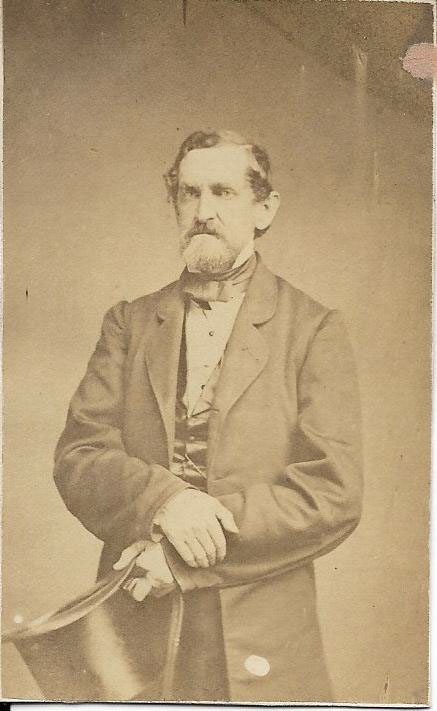Section #22 - The Southern States secede and the attack on Ft. Sumter signals the start of the Civil War
Chapter 263: South Carolina Secedes From The Union
December 17, 1860
The South Carolina Convention Opens
While Congress debates, the nation’s eyes turn toward South Carolina where the state convention opens in Columbia at the local Baptist Church on December 17, 1860.
Roughly 170 delegates appear, including members chosen from many of the leading families in the state, men such as James Chestnut, R.B. Rhett, James Orr, Lawrence Keitt, William Gist and others.

Presiding is Judge David F. Jamison, a former member of the South Carolina legislature and state militia and also co-founder of two academies, The Citadel and The Arsenal.
A series of grievances are debated and agreed to. They include:
- The 1820 Missouri Compromise banning slavery south of 36’30”
- Disproportionate taxation levied on the region to run the federal government
- Denial of slaveholder access to western land they fought for in the Mexican War
- Persistent lack of Northern enforcement of the Fugitive Slave Law
- Admission of the entire territory of California as a Free State
- Repeated attacks on Southern settlers in Kansas by abolitionists
But before the delegates agree by 159-0 to draft an Ordinance of Secession, the convention is interrupted by rumors of a potential outbreak of smallpox in Columbia – possibly the result of a plot originating in New York.
To avoid the risk, the delegates board a train on the morning of the 18th for a 120 mile ride southeast to Charleston, where they reconvene at the Institute Hall to resume business. The next day they move to a smaller and more secret venue at St. Andrew’s Hall, with representatives from Mississippi and Alabama joining in.
December 20, 1860
South Carolina Secedes!
The climax of their work comes at 1:07pm on December 20 when an Ordinance of Secession is read:
We the People of the State of South Carolina, in Convention assembled, do declare and ordain…that the union now subsisting under the name of ‘The United States of America,’ is hereby dissolved.
Voting on the motion is perfunctory at this point, and it carries 169-0.
After the delegates sign the declaration back at the Institute Hall, President Jamison intones:
I proclaim the State of South Carolina an Independent Commonwealth.
Upon hearing the news, the entire city of Charleston breaks out in celebrations. Bands play, militia units parade, bonfires are set, adults and children sing out.
No one knows what will happen next, but the heroic slogans and feelings of the 1776 revolution fill the air.